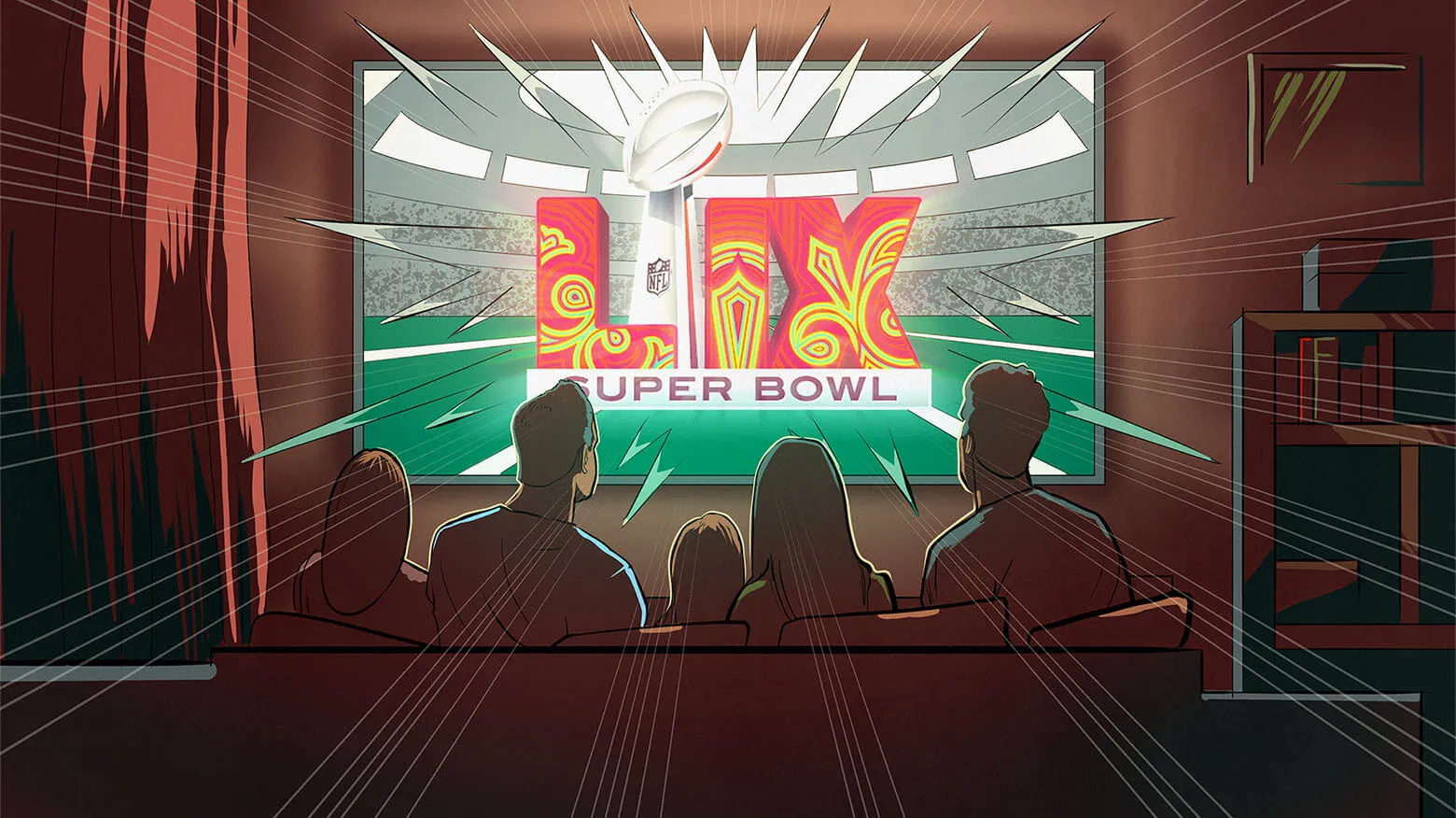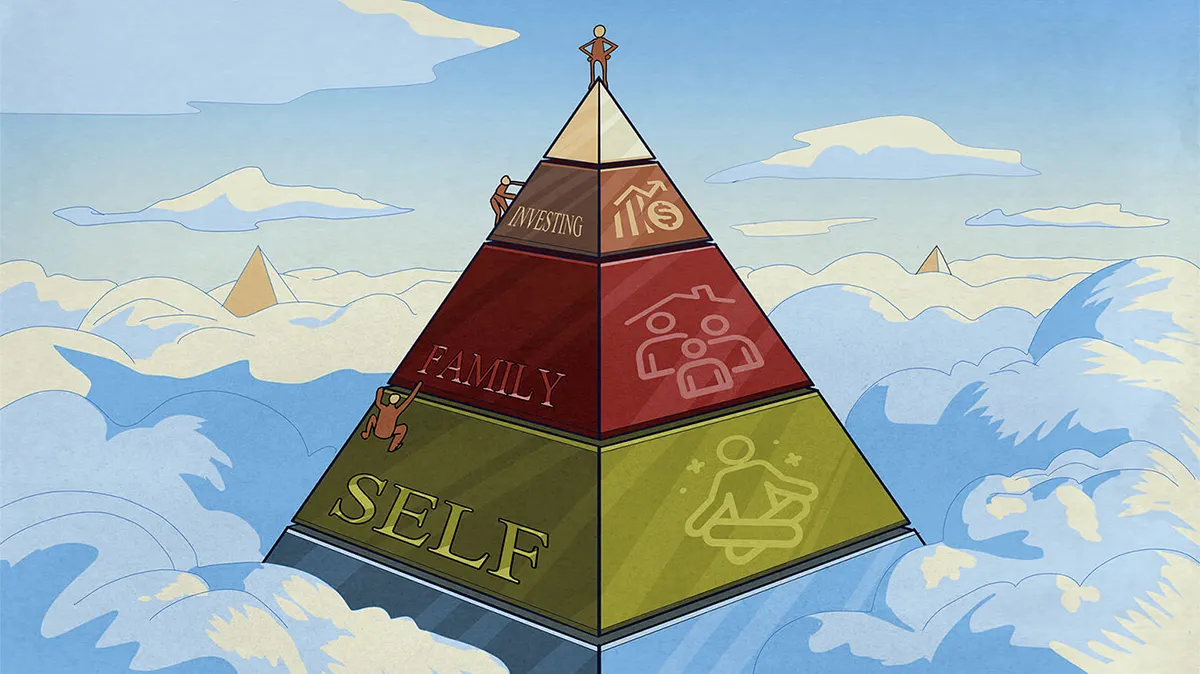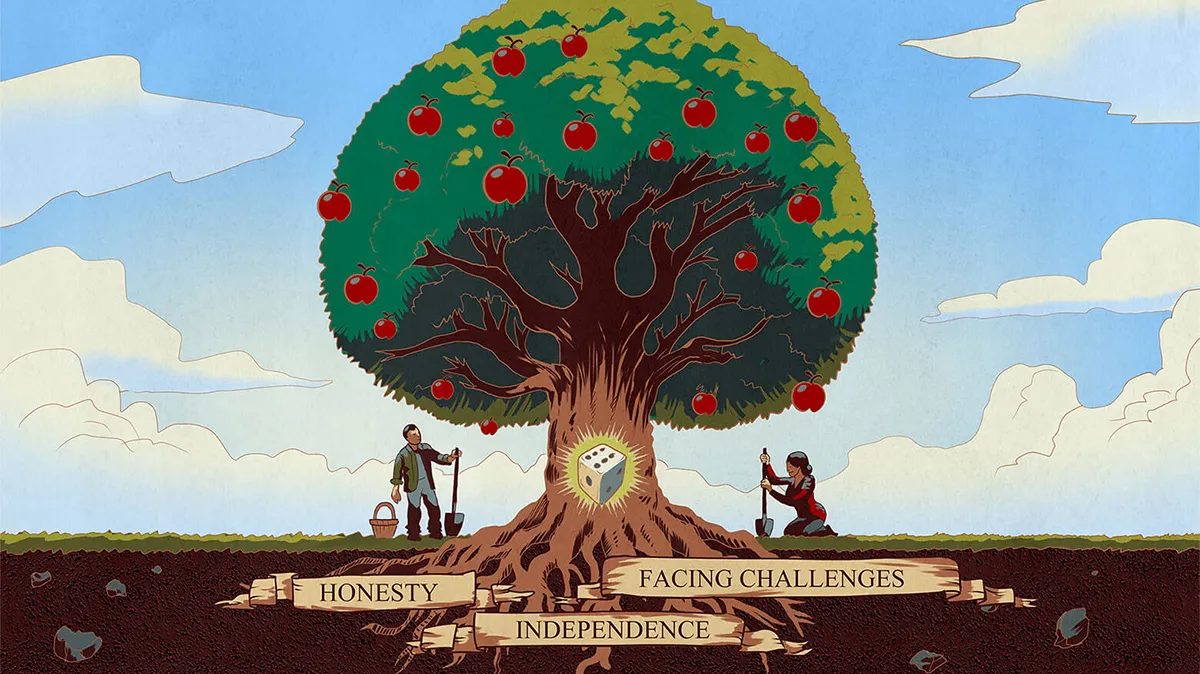A few years after I joined IMA, I started teaching a graduate investment class at the University of Colorado in Denver. Though I enjoyed teaching, I “retired” after seven years, for two reasons: First, I absolutely hated giving out grades, especially bad grades. I suffer from “I want people to like me” syndrome. When I gave out a bad grade, I felt worse than the student receiving it. And second, I simply got bored. Teaching the same class over and over again loses its challenge after a few years.
Also, in 2004, I started writing for TheStreet.com. At the time, TheStreet was an interesting experiment. Unlike typical financial websites, where all content is written by career journalists, the bulk of TheStreet’s stuff was created by professional money managers opining on the markets, the economy, and stocks. TheStreet provided an audience and a safety net – editors.
I was new to writing but discovered that I really liked it. I wrote almost daily. Unlike teaching in a classroom, writing never bored me. Still doesn’t – I don’t let it bore me. If a subject stops pushing the boundaries of my knowledge or curiosity, I move on to the next one.
Though writing is something you can get better at with time, when I look objectively at that period, I see that my own opinion of my writing was improving much faster than the writing itself. Less than a year after I began writing, I had the audacity to submit an article to the Financial Times, one of the most respected publications in the Western Hemisphere. To my surprise they published it; and shockingly, they went on publishing my articles regularly.
One of the pieces I wrote for the Financial Times had a kernel of an idea that I thought would be interesting to explore more deeply. In late 2005 I approached John Wiley & Sons with a proposal to turn that idea into a book. Eighteen months later, Active Value Investing was born. I am so glad that I had that youthful arrogance then – I was punching far above my weight but didn’t have the self-awareness to know it. There is no way I’d be able to do that today.
Writing my first book cracked a small opening in the doors of other publishers, and I waltzed right through them. My articles started to appear in big publications – Christian Science Monitor, Barron’s, Fortune – and then I became a columnist for Institutional Investor magazine and won several prestigious (in very small circles) writing awards.
Somewhere in between writing for TheStreet.com and the Financial Times, I started emailing my articles to a few dozen friends and relatives. Let me be completely honest: I was spamming them. They had not asked me to send them articles, but they were too kind to say so. Some, probably out of pity, even encouraged me.
Writing is an externalization of your internal conversation, and even as I type this I can hear myself talk. It is a conversation with someone, and for that someone I visualize my email readers, my friends and relatives. The fact that my initial email readers sometimes replied and commented on my articles made this visualization much easier. Even when I was writing a column for Institutional Investor, I was mentally writing to my email subscribers, not magazine readers. This way I was not writing to strangers but to friends and family, and thus I was less guarded, more honest, and could just be my casual, sarcastic self.
A few years after I started writing I found myself entering into the “There must be more to life than this” chapter of my life (to quote the immortal Freddie Mercury). It dawned on me there was more to life than just investing. But this was a glacial process, which started with my father’s art. I love my father, and he is a phenomenal artist, so I started to include his paintings in my emails.
Then, a year or two later, I started to include classical music. One day I was working on an article and listening to music. I don’t remember what piece it was, but I do remember that it moved me. I dashed off a few paragraphs about it, added a few links to YouTube, and appended it to my investment article email. Some people were indifferent to it and said nothing, but as I continued to do this, many people started to thank me for including classical music, as it rekindled their love for it.
The reaction to my father’s art was very interesting. A year or two after I started including his paintings with my articles, there came a day when I forgot to insert a painting in the email.
To my surprise I got polite but still quite strident emails that said things along the lines of “Vitaliy, your articles are fine, but please don’t send them without your father’s paintings.” In other words, my emails had turned into something akin to Playboy magazine – my readers were actually perusing them for the pictures, not the articles. (I learned from this experience. I do not want to get similar emails from readers of this book, so I included my father’s art in it.)
My personal life morphed into my writing in a gradual way, too. Since I was still “just writing to friends and family,” I started to share stories about my kids growing up, our trips together, my self-improvement journey, and nostalgic recollections of growing up in Russia. Over time, writing about life became as important (and at times more important) to me as writing about investing.
As I have mentioned in the Introduction, many readers told me that though they came for investment articles they stayed for my life articles, my father’s paintings, and classical music. These responses kept me coming back to write about life. Readers wrote that my life (non-investment) articles made a difference in their lives. A few told me to stick to investing and shut up about my personal adventures. I tell them, in that case they can just pick and choose articles on Investor.fm .
I know that I’ve been the biggest beneficiary in this relationship. Writing about classical music has inspired me to learn more about it. As I write about my family and my life, I appreciate them more.
When I write about deeper subjects, the trip to the subconscious always leaves me recharged and newly curious. This writing journey has changed me. It has turned me from a one-dimensional value investor into a student of life; it has made me a better person. (I’ll explore in greater detail what being a student of life means to me as we go along in the book.)
Made in America
I got married in my late 20s, and my wife Rachel and I have three wonderful kids – Jonah, Hannah, and Mia Sarah.

(My family in 2016. Jonah, Rachel, Mia Sarah, Hannah, and Vitaliy)
At times I wonder how my life would have turned out if we hadn’t immigrated to the United States. Was I disadvantaged coming to this country when I was 18, hardly speaking a word of English? I have thought a lot about that. I think I had a disadvantage for maybe the first few years, especially when I applied for that first job at Taco Bell and couldn’t understand a thing the hiring manager asked me (I did not get that job).
Once I learned English and acclimated to the culture, I had an unfair competitive advantage: I had a drive to succeed. A lot of immigrants have it, because they see the contrast between where they came from and what America has to offer. I am not sure if my kids will have this drive, and that is okay.
But I also had another competitive advantage – incredible parents. My most important job today is to be for my kids as good a parent as my parents were to me.
It took me a while to get used to Americans smiling all the time and not telling you what they really think. Russians are very direct. They do not do small talk, and they tell you what they think to your face. It took me years (and being fired a few times) to realize that a person smiling at me may not necessarily mean they are happy with me or my job performance.
I began to wonder whether I preferred Russian directness or American politeness. Then my brother Alex and I visited Russia for a week in 2008, and I felt like a fish out of water. People looked at my constantly smiling face with suspicion, obviously questioning my mental state. I, in turn, got tired of their directness very quickly.
I guess I was born in Russia but made for America.
Additional thoughts:
One of the most important lessons I have learned from my parents and from looking back at my life in the US is: Don’t be a victim and don’t have a victim attitude (mentality). This may sound like a little thing, but it’s not – it’s everything.
Happiness in life ensues from having and solving good problems, because they are a very important source of meaning.
When I was in high school, I worked at the Village Inn restaurant as a busboy on Fridays and Saturdays. My shift started at 8pm and ran through 4am. This was the only job I could get with my English. At midnight, as bars started to close down, the restaurant filled up with the post-bar crowd, craving pancakes. I remember feeling the pride of giving my paycheck and all my tips to my parents to help them pay for rent. I had no spending money. None.
Then fast-forward a few years. I was working almost fulltime and going to college, which is why it took me an extra year to finish my bachelor’s degree.
Today I look at my travails as a poor immigrant with pride, and I would not trade them for anything.
When we hit an obstacle in life, which is just a matter of time, we have three choices: first, stop; second, keep going with a frown, hating every moment of it; and third, keep going with a smile on our face, fully embracing it.
Facing an obstacle with a frown or a smile is a choice! Stoic philosophers call it reframing. The “bad” weather is only “bad” if I label it that way. Stoics would also tell us that most things that happen to us in our lives are neutral; we just choose to label them as positive or negative.
I rarely stopped at obstacles, probably because the immigrant engine, once it was started by our moving to the US, kept on running, propelling me forward. But there were plenty of times when I kept going forward with plenty of negative emotions; I felt like it was something I had to do, a life that was imposed upon me rather than one I had chosen and thus wanted. I didn’t know at the time that I was exhibiting a typical victim mentality.
If we are going to go through challenges anyway, we have an active choice to make: be miserable, resenting what we are doing while we’re doing it, or embracing our fate. If we choose the latter, we’ll have a better, happier life, and we’ll go further with a smile on our face rather than a frown.
And one more thing: After Soul in the Game came out, I wrote six new chapters that are not in the book. If you’d like to read them, follow these instructions.
Soul in the Game is available in paper, digital, and audible formats. If you would like to receive a signed copy, donate to the following charities.









Thanks for sharing that inspiring message, Vitaly! It encourages me when I begin to feel imposter syndrome.